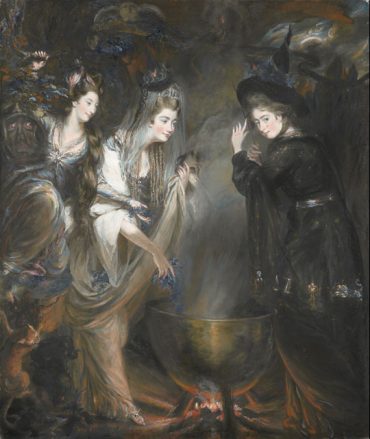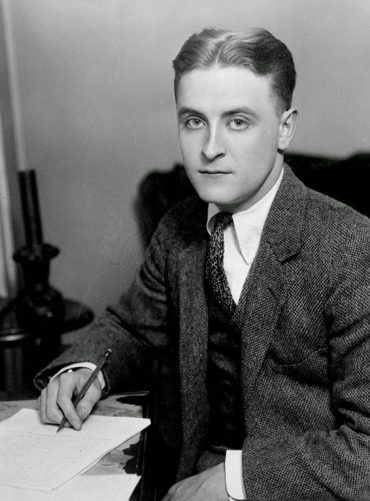Since no lunch is free, well, unless you’re senior management, where breakfast, lunch, dinner, snacks, coffee, drinks, brunches, Christmas gifts, transportation, art collections, housing, computers, cell-phones, subscription services, healthcare and pretty much everything else IS free – try a simple dish great for the 99 percent of us on a trickle-down budget. The day after you’ve made a spaghetti and made too much to finish, don’t just take it out of the fridge and plop in the microwave. Instead, place the cold spaghetti on a big enough cutting board and chop into three or four to shorten the noodles.





